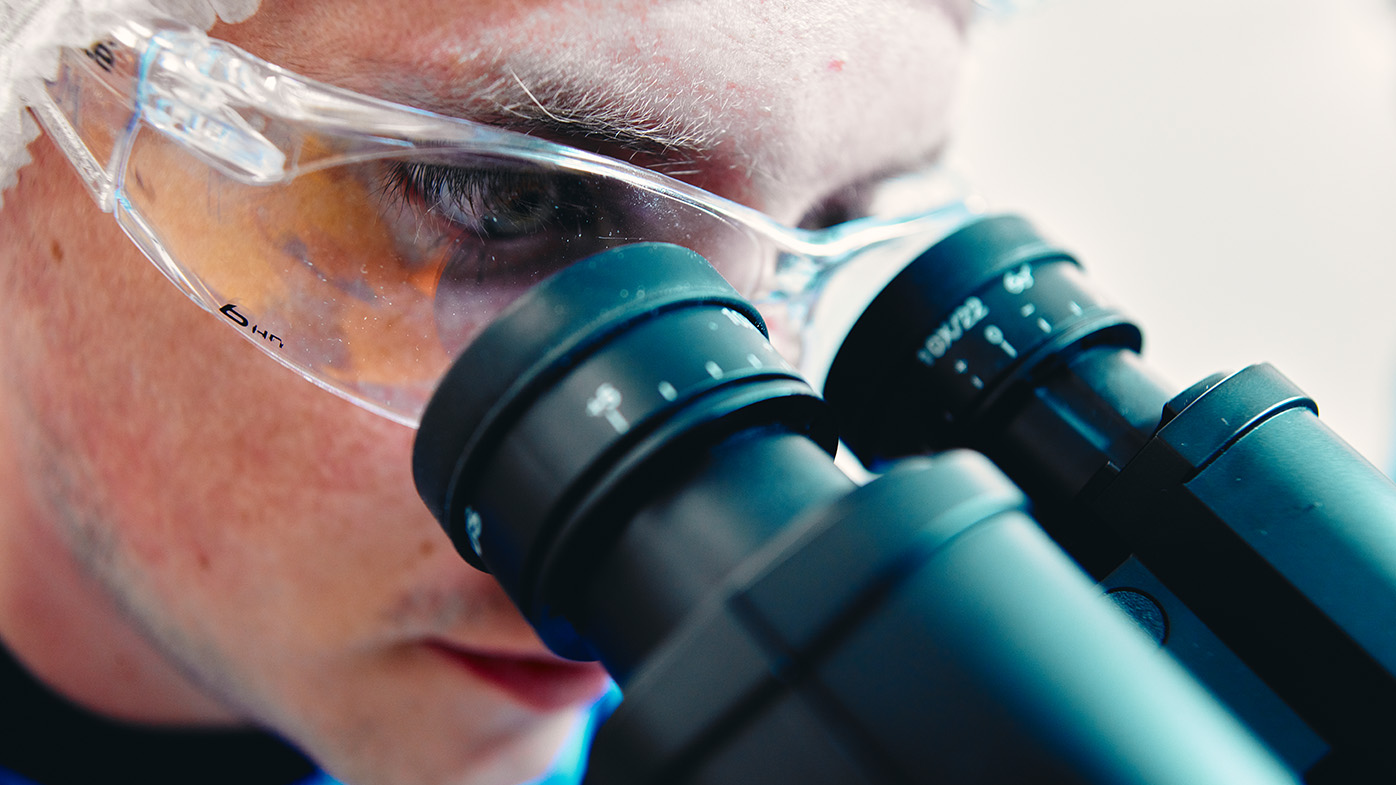Scientific media resources
Bristol Myers Squibb provides medical fact sheets, infographics and other oncology materials to help you quickly find information about cancer and other medical issues.
Explore scientific media resources
To refine search, choose a category or topic and click on the search icon.





